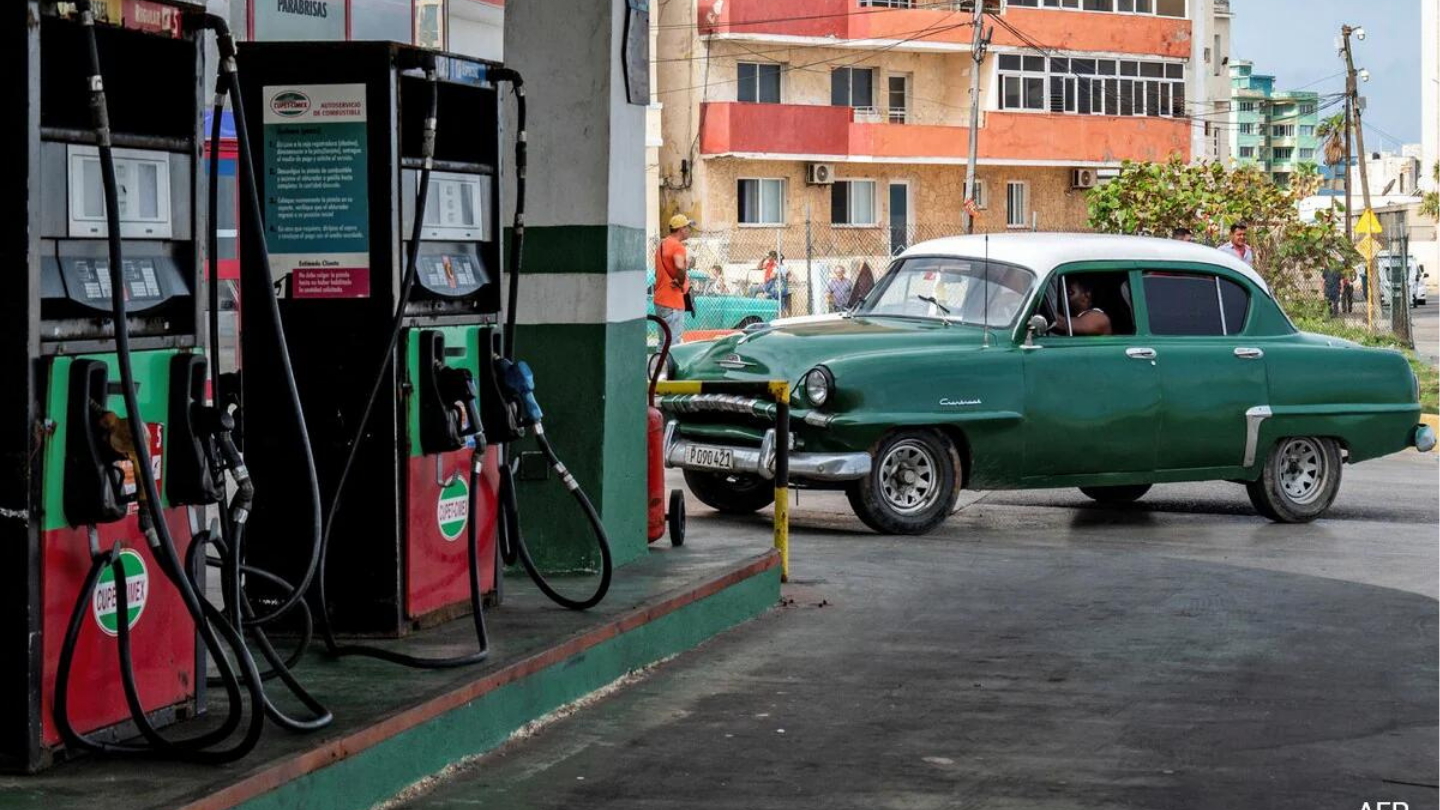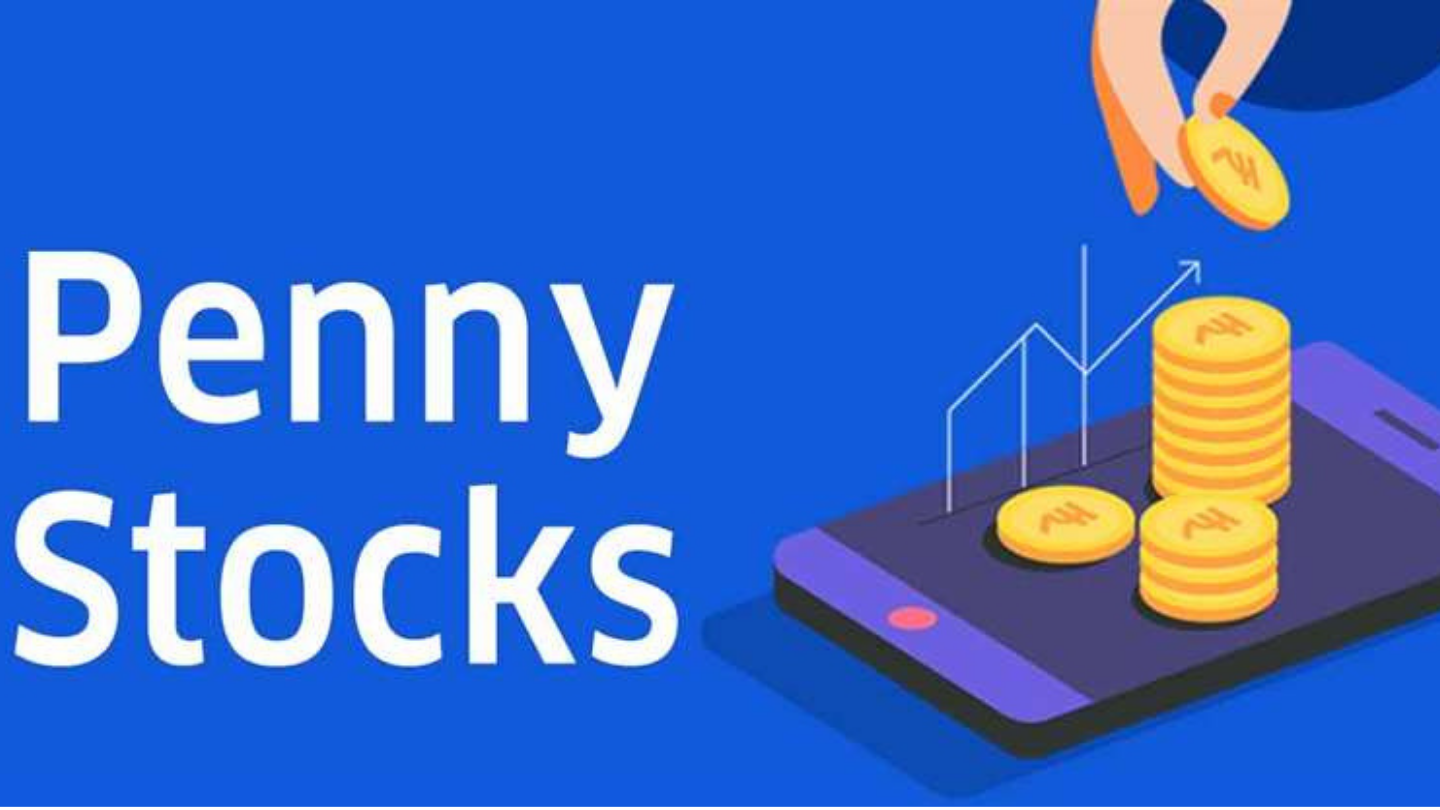Cuba: Fuel prices increase by 500% in Havana. Cuba is already suffering from inflation and product shortages. Many Cubans do not know how to deal with the new fuel prices.
The communist island’s government said Monday that the five-fold hike would take effect on February 1 and is part of a plan to reduce the island’s budget deficit.
A litre of unleaded gasoline will cost 132 pesos (about 20 US cents), while premium gasoline will cost 30 pesos (about 156 US cents), it said.

Domingo Wong said that to fuel his motorbike for a week, he would need to spend more than half of his monthly income of around $21, according to AFP.
I use ten litres a week, and that’s just the day-to-day stuff. I go to work, pick up my daughter from school, go to my sister’s house, and that’s it, he said, waiting patiently in line.
The country, with a population of 11 million people, is facing its most severe economic crisis since the breakup of the Soviet Union in the 1990s, owing to the effects of the COVID-19 pandemic, US sanctions that have been tightened in recent months, and structural economic weaknesses.
According to official estimates, the Cuban economy will shrink by two percent in 2023, and inflation will reach 30 percent in 2023. Independent experts say this is probably an understatement.
It’s already difficult to get fuel and other basic supplies.
The government of Cuba, which grants subsidies to almost all basic products and services, announced last month that it will have to raise fuel prices.
“Cuba cannot afford the current level of fuel prices, which are among the lowest in the world,” Economy Secretary Alejandro Gil said.
The government also announced a 25% increase in electricity prices for large residential customers on Monday, as well as a hike in natural gas prices.
Now, many Cubans are worried about even higher inflation.
In Cuba, where public transportation is already restricted due to a lack of fuel and parts, the cost of transportation is likely to rise, according to motorbike taxi driver and ride-hailing driver Javier Vega, 33, who lives in Havana.
“It’s inevitable that prices will go up, because even the things we eat depend on transportation,” Vega said in an interview with AFP.
Energy Minister Vicente de la O Levy said that the purpose of the price increase was precisely to curb the deficit and buy fuel and buy fuel. and they have a “stable supply.andquot;
Officials also announced that tourists are now paying for fuel in foreign currency, also in short supply, and said the central bank is considering adjusting the exchange rate against the dollar.
Since 2021, the peso has depreciated twice.
The cost of fuel in Cuba may be lower than in other parts of the world, but it is still very high compared to salaries in Cuba, according to AFP.
“We are all going to suffer if we don’t have enough money to buy fuel,” said Juan Antonio Cruzato, 59, an independent worker.











